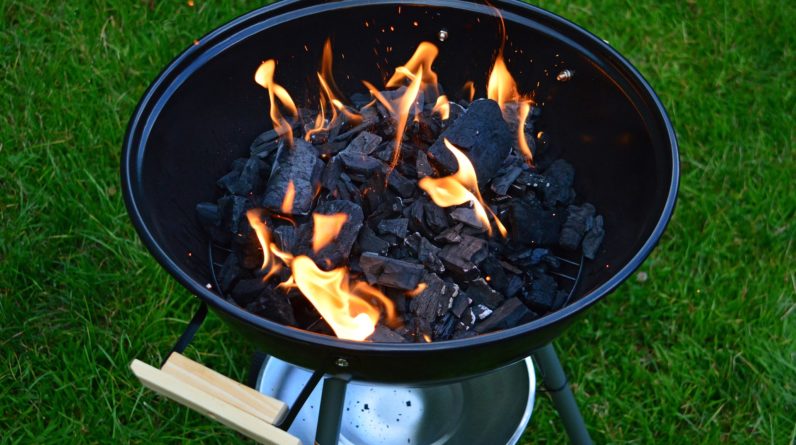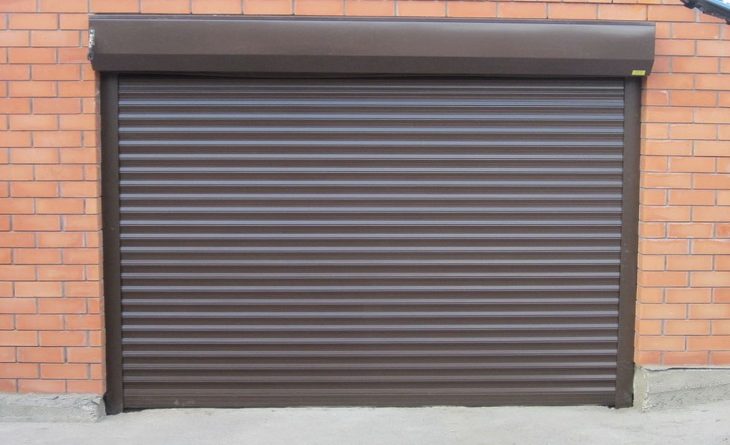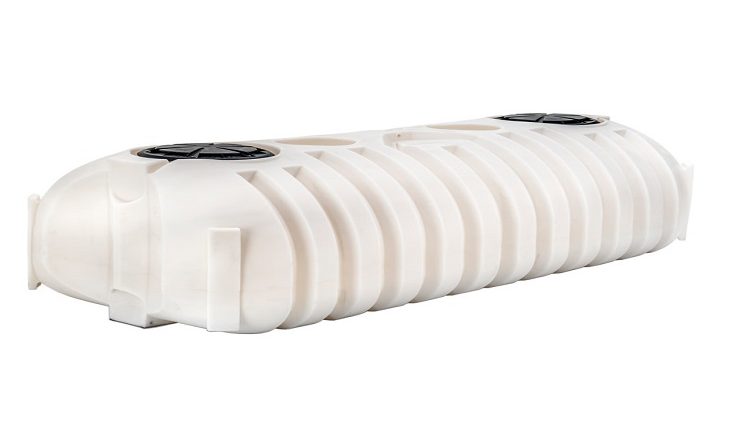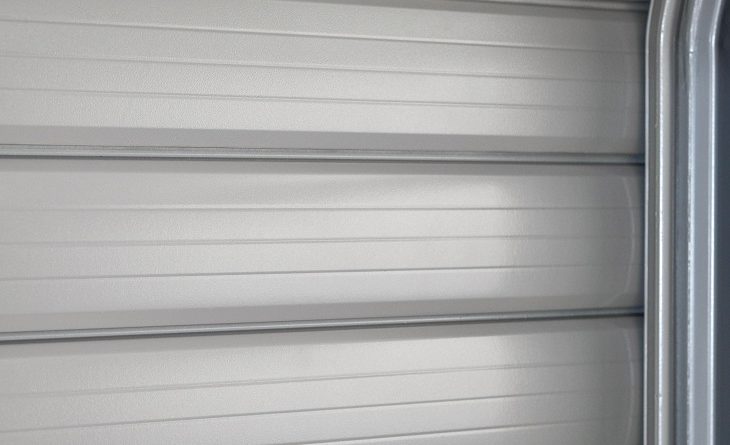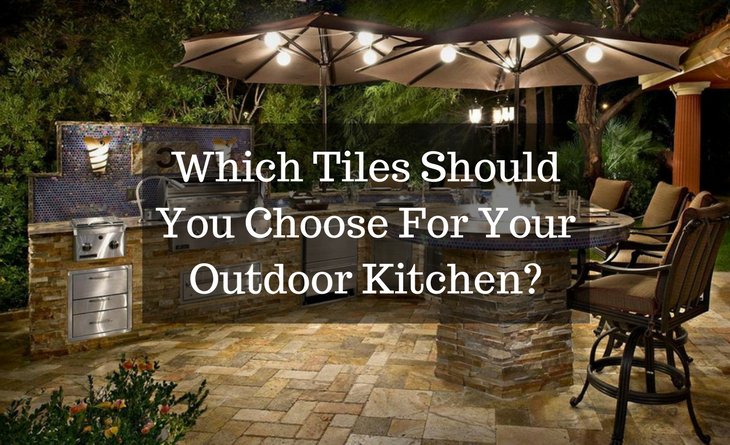
If you’re not fitting an outdoor kitchen over an existing patio, you’ll need to plan for paving underfoot. Outdoor kitchens take a lot of abuse, foot traffic, dropped pots and food splatters. Therefore, toughness is as crucial as are great looks. Here’s what to consider when assessing paving options.
When you are thinking of designing your own outdoor kitchen don’t forget to look down. The type of flooring you use in your outdoor kitchen is limited by type but not style. It is prudent to use tiles that have a strong grip and are low maintenance. Although tiles are aesthetically appealing they can also be dangerous especially when they are wet and slippery. For patios and outdoor kitchens, the tiles used more often than not have a rough finish that enhances the grip and makes movement safe. Even when wet such tiles are still safe to walk on. Considering the edges on kitchen tops and all the delicate fittings in outdoor kitchens its best to be safe than sorry.
There are numerous options available for outdoor kitchen flooring it all depends on your budget. Concrete tiles are still among the most popular flooring options for outdoor kitchens due to their affordability and durability. Concrete tiles come in different shapes and sizes. The selection is based on personal preference. Considering outdoor kitchen tiles are exposed to the elements, the freezing and thawing process can damage standard concrete tiles. Fortunately, for outdoor living spaces, concrete tiles with a base additive are used since they can withstand the elements. Other options include ceramic tiles and porcelain. For porcelain you want a design that has the colour running all the way through the tile, so chips scratches show less. Despite the expense of building an outdoor kitchen, an invest in tiles is always worthwhile.
Limestone tiles have been in use in construction for years. In Australia, limestone tiles are slowly becoming popular in households. Their honed surfaces and consistent quality makes them popular and versatile. These tiles come in a neutral cream colour with fossil fragment flecks throughout. They are ideal for a variety of projects including bathrooms, showers and kitchens. The finishing varies and selection is entirely based on personal preference. Limestone tiles can be used in any interior but only a few are ideal for outdoor use. Limestone used in outdoors has to have a colour that is low maintenance. Moreover, the finish has to give the tiles grip. Limestone tiles are perfect for a contemporary interior but still deliver in traditional outdoor designs. When polished, limestone tiles are reflective and appear glossy. Such limestone is good to be used as a countertop. This adds to the aesthetics of the outdoor kitchen and brightens up any living space. It’s therefore not a coincidence that limestone tiles are also used as countertops in outdoor kitchens.
Granite countertops are hard to beat for all-around easy use, colour choices, maintenance, and matchless durability for outdoor countertops. Granite sets the standard for comparing countertop materials due to its many pros in outdoor use. Granite can handle the outdoor weather, fancy barbeque recipes, food, drinks, and the chaos of outdoor dining and entertaining. It doesn’t etch, discolour or lose its shine. To prevent stains you can seal granite countertops but many designs are thick enough that they don’t require a seal.
Soapstone is a good alternative for an outdoor kitchen. Soapstone is resistant to heat and staining but can be scratched rather easily. However, the scratches can be sanded out without much trouble. One knock on soapstone is that when left unsealed or not oiled, fingerprints, oils and liquids will darken the stone. Although they eventually wash off, the spots can be annoying. Applying mineral oil will give soapstone that dark shine, but you have to apply it frequently to sustain that look. Being a dark stone, soapstone can get hotter than other light-coloured materials and this makes it difficult to use on hot, sunny days. In conclusion, soapstone is a durable and comparatively trouble-free surface for outdoor use.
Marble can also work as an outdoor kitchen countertop if you get a honed finish and don’t worry about staining too much. A honed finish is the best option since the outdoor elements will wear away a polished finish. Marble is certainly sturdy enough so it’s just a matter of how much maintenance you want to put into it to keep it looking new. If you let it age naturally, then it’s almost maintenance-free. All that is required for years of use is normal clean up. When it comes to tiles for outdoor kitchens, the options are many.
Read More:
Everything You Need To Know About Travertine Pavers
Why do people find marble floor beautiful?


